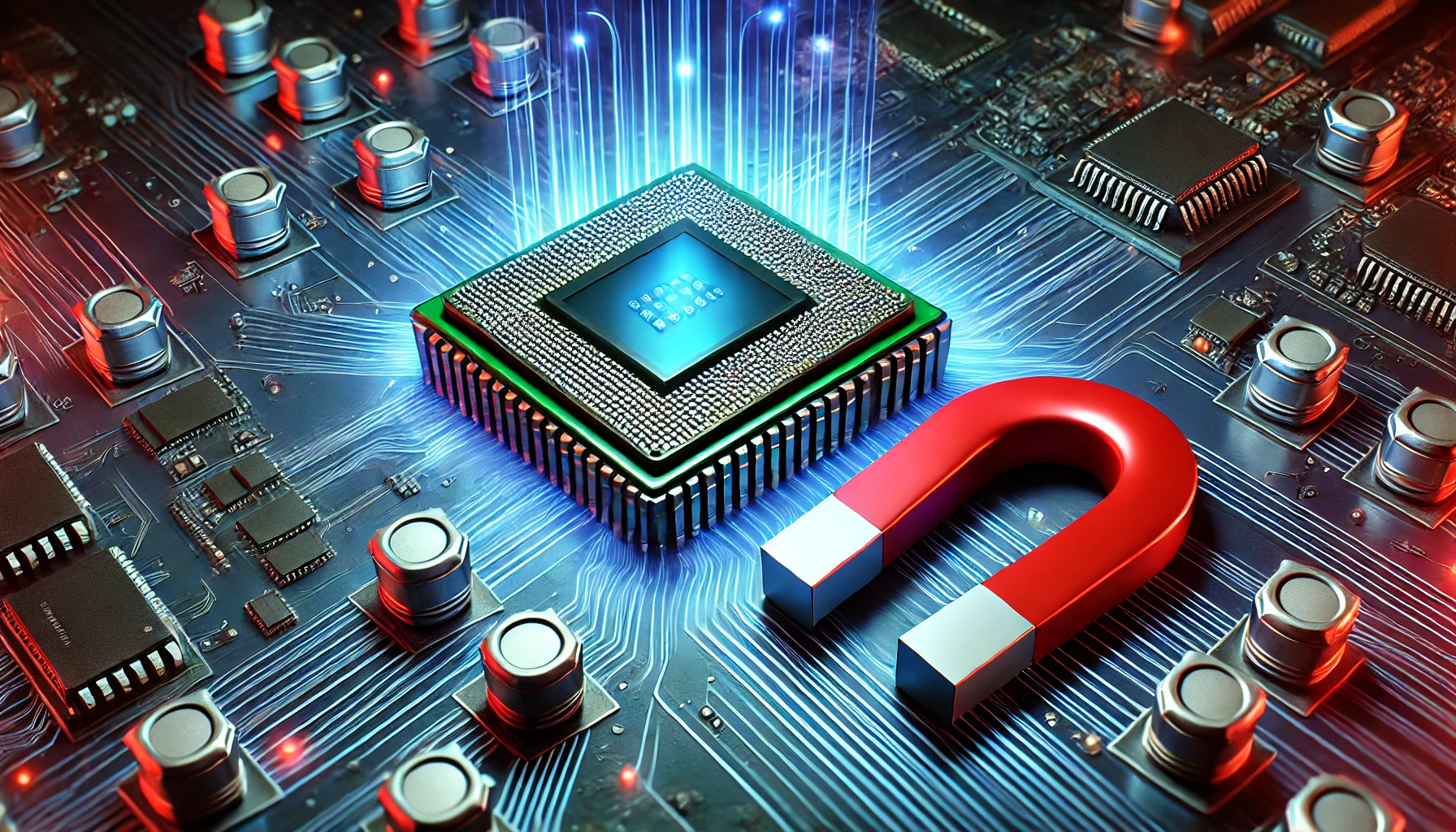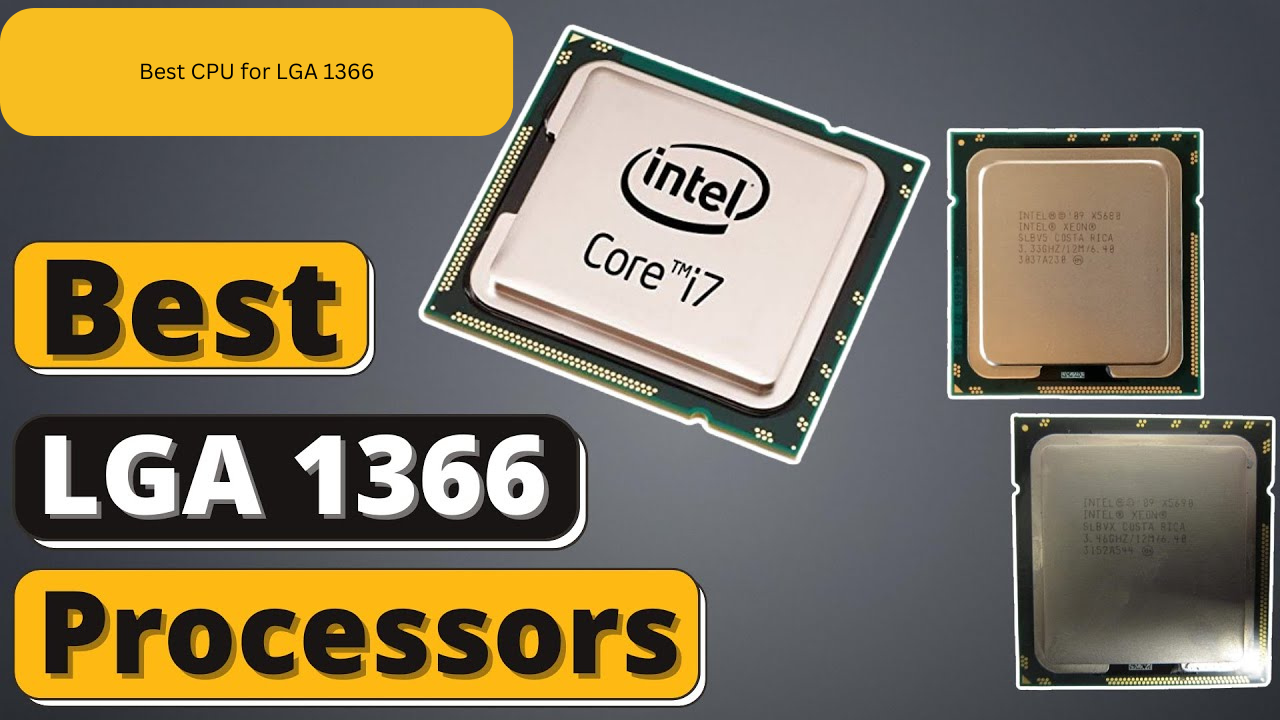Introduction
Magnets have long been associated with potential risks to electronic devices, leading to the common question: Will a magnet mess up a CPU? While some believe that magnets can cause severe damage, the truth is more nuanced. Understanding how magnets interact with CPUs and other computer components is essential to separate fact from fiction.
Can a Magnet Damage a CPU?
CPUs are delicate pieces of hardware responsible for executing instructions and processing data. They contain millions or even billions of transistors made from silicon, which is not magnetic. However, magnets produce electromagnetic fields that can interfere with electronic circuits. So, can a magnet actually harm a CPU? The answer depends on the strength of the magnet, its proximity to the CPU, and the exposure duration.
How Magnets Interact with Electronic Components
While magnets do not directly erase or damage a CPU’s internal transistors, they can influence other parts of a computer. Here’s how:
1. Magnetic Fields and Electrical Currents
Magnets generate magnetic fields that can induce electrical currents in nearby conductive materials. While modern CPUs are designed with shielding, strong magnetic interference could disrupt the flow of electricity in delicate circuits, potentially leading to malfunctions.
2. Storage Devices and Magnets
Traditional hard drives (HDDs) rely on magnetic storage, making them vulnerable to powerful magnets. However, modern solid-state drives (SSDs) and flash memory do not use magnetic fields, making them immune to magnetic damage.
3. Magnetism and CPU Performance
Although a typical household magnet will not affect a CPU, exposure to extremely strong magnets in industrial settings may interfere with data processing. However, everyday interactions with common magnets pose no significant risk.
Common Myths About Magnets and CPUs
Many misconceptions surround the impact of magnets on computer hardware. Here are some common myths debunked:
Myth 1: A Small Magnet Can Wipe a CPU
Reality: CPUs store no data, and their transistors are not affected by small magnets. Unlike HDDs, which rely on magnetic storage, CPUs function through electrical circuits.
Myth 2: Magnets Can Corrupt Data Stored in RAM
Reality: RAM (Random Access Memory) is volatile memory, meaning it only stores data temporarily while powered on. Magnets do not interfere with RAM performance or storage.
Myth 3: Placing a Magnet Near a Laptop Will Destroy It
Reality: Laptops contain numerous non-magnetic components. While strong magnets could potentially cause minor electromagnetic interference, they will not destroy a CPU or other critical hardware.
Effects of Strong Magnetic Fields on CPUs
Although everyday magnets pose minimal risk, industrial-grade magnets can cause electromagnetic interference (EMI). Potential effects include:
- Temporary Freezing: A strong magnetic field may disrupt electrical signals, leading to a temporary system crash.
- Performance Lag: Some computers might slow down due to minor electrical disturbances.
- Component Malfunction: In rare cases, unshielded systems in high-magnetic environments may experience unexpected shutdowns.
Best Practices to Protect Your CPU from Magnetic Interference
Although CPUs are generally safe from magnets, taking precautions can help prevent unnecessary risks:
1. Keep Strong Magnets Away from Electronics
Avoid placing industrial-strength magnets near your computer, especially while it is powered on.
2. Use Magnetic Shielding
Some workplaces use magnetic shielding to protect electronic components from EMI. If you work with powerful magnets, consider shielding your devices.
3. Follow Manufacturer Guidelines
Computer manufacturers design CPUs with protective measures, but following user guidelines can further prevent risks.
Conclusion
So, will a magnet mess up a CPU? In general, household magnets will not cause any harm to your computer’s processor. However, powerful industrial magnets could interfere with electrical signals and cause temporary malfunctions. By understanding the risks and implementing preventive measures, you can keep your computer safe from any potential magnetic interference.




